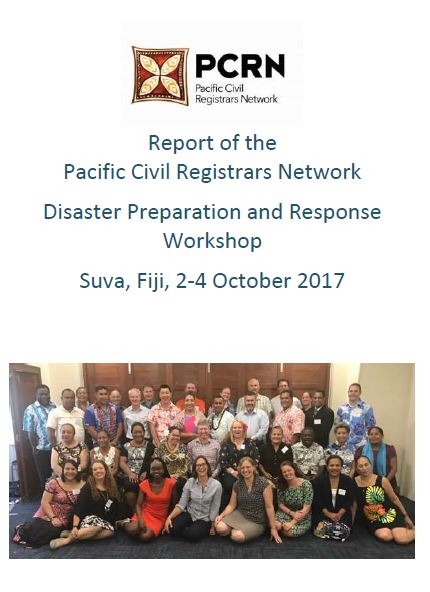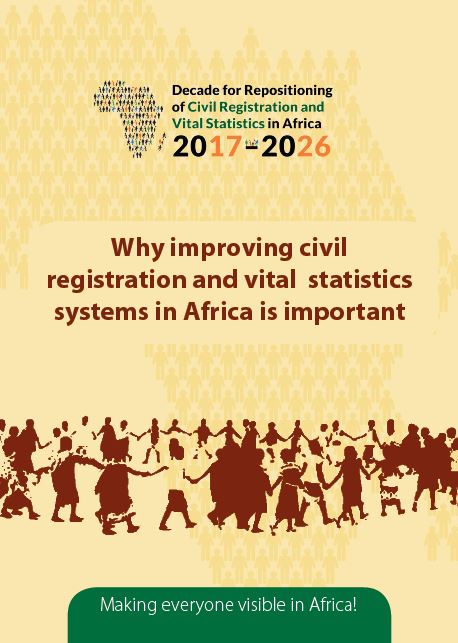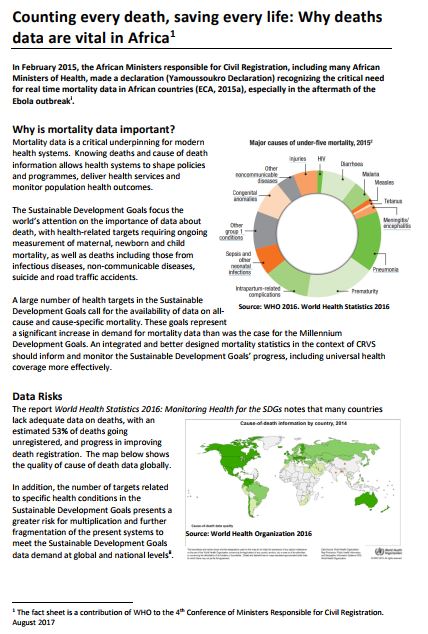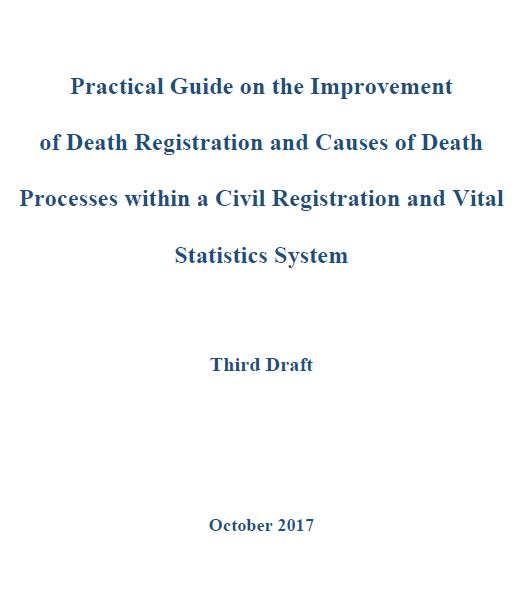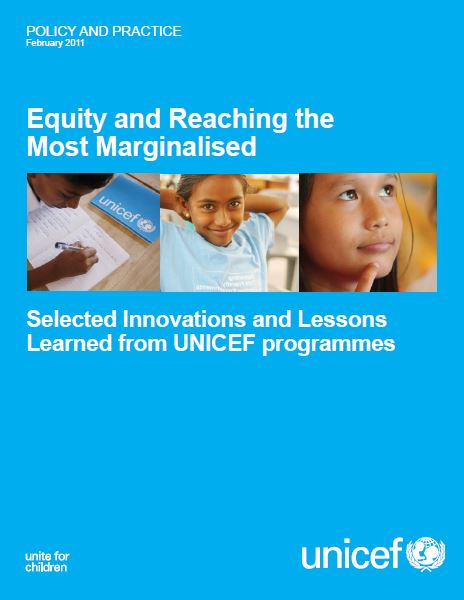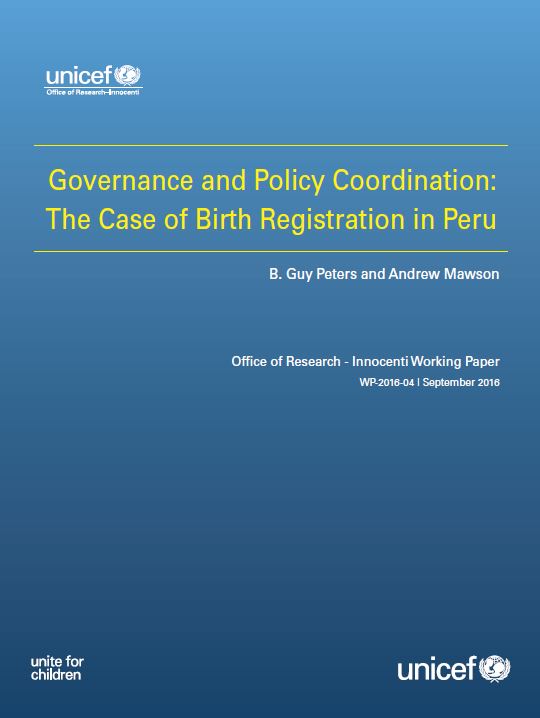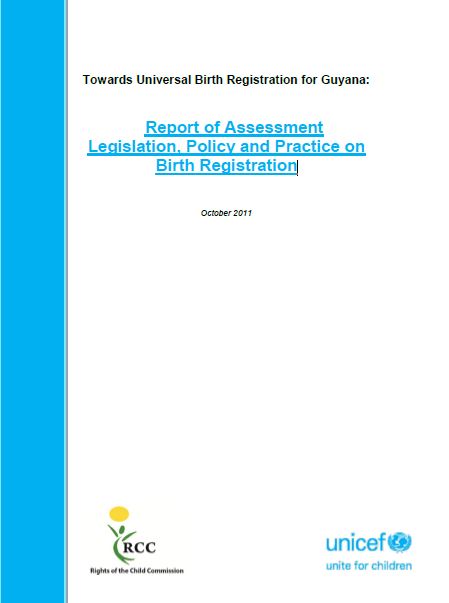This is the report of the Pacific Civil Registrars Network Disaster Preparation and Response Workshop, organized on 2 to 4 October 2017, in Suva, Fiji.
The focus of the workshops was to discuss the role of civil registration and vital statistics systems in planning and responding to natural disasters and other emergencies. CRVS systems provide important information on the population for planning an appropriate response, and play a key role in replacing key identity documents following and event while ensuring the ongoing registration of vital events such as births and deaths especially when populations may be displaced or accessing government services through alternative locations. Registrars from 14 countries shared their experiences and looked at national and regional opportunities to improve system resilience and response in the event of a disaster.
The PCRN fosters coordination and integration of Civil Registrars’ input and ideas into the implementation of the Pacific Vital Statistics Action Plan (PVSAP) and the Regional Action Framework for Civil Registration and Vital Statistics in Asia and the Pacific.
The meeting gave recommendations to countries and partners for progressing this important work, including how regional partners can contribute to improving the CRVS systems in countries and was organized by the Pacific Civil Registrars’ Network (PCRN), the support of the Brisbane Accord Group, UNICEF, New Zealand Foreign Affairs and Trade Programme (NZ MFAT), and the Pacific Community with support from private partners, ESCAP, Plan International, UNISDR, NZ High Commissioner, UNHCR, and the World Bank.
